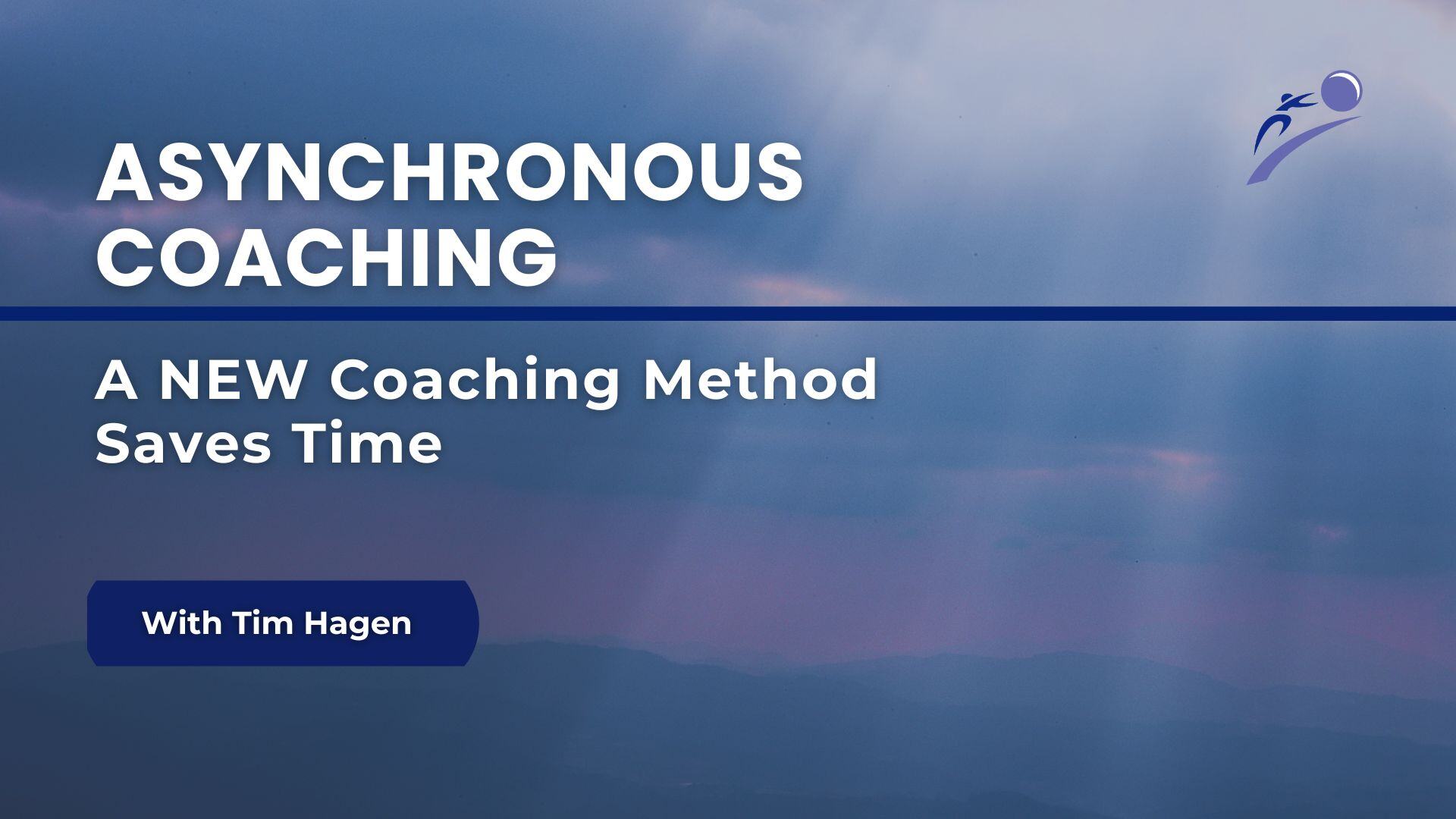Coaching has grown in popularity in terms of setting up a business now more than ever. Coaching continues to rise as the reception of coaching continues to grow in the corporate world. We have life coaches, executive coaches, sales coaches, nutrition coaches, just to name a few. As our market gets crowded, and dare I say saturated,
How does one go about differentiating themselves in terms of having their coaching business be viewed as different and unique?
We've been teaching Progress Coaching for almost 20 years now, and one of the unique things we do is not only teach coaching, but occasionally deliver coaching such as executive coaching or sales coaching. It allows us to have a flexibility in the message that we think our competition cannot share. With that being said, that does not mean we're doing anything that our competition could not do. Therefore, as professional coaches it is vital to consistently reinvent ourselves and continue to develop our delivery to adapt to changing landscapes.
Here are four strategies you can utilize to differentiate your coaching business:
- Build content that is supportive of your one-to-one coaching. This could include audio files, flash video files, articles, case studies, or what have you. If you do executive coaching, create a series of pieces of content that facilitate learning. Content can be leveraged by clients on their time and not with you in the room. This seems simple but so many coaches feel that coaching must be predicated upon an in-person one-to-one relationship, but our time is just as tight as is our clients'.
- Create an e-learning portal. Build content that is accessible and supplemental to what you do with your coaching. This allows you to scale your business and provide value. This will challenge you while running your coaching business, which includes selling, delivering, and marketing, to also include building content simultaneously. This can present challenges so choose a platform that is easy to use. We currently use a firm out of Canada called Thinkific, which is easy to use and unbelievably friendly from an implementation standpoint.
- Leverage something called scaled group coaching. If you have a specialty, such as executive coaching, what if you brought all of your executive clients together for bi-weekly conference calls or in-person group coaching sessions? This is certainly not a unique idea, but what if you supplemented it with surveys that ascertained common challenges that the executives were experiencing and you created activities that you sent via text or an audio file before those group coaching sessions? This would allow them to attend and hit the road running by sharing the spirit of a best practice with peers who are experiencing the same thing. Clients have absolutely loved when we do this because they attend sessions knowing what they are going to accomplish and they have a targeted objective.
- Last, build a system that is constantly reinforcing from a mobile platform. Create content that can be delivered from a mobile perspective. We use AWeber to deliver content on an ongoing basis, and are about to launch something called Mobile Coach where we will send lessons via text and email delivery service simultaneously to our clients.
All of these strategies can lead to a fixed-cost proposition. We often price our services on a one-to-one basis; meaning it's based off time and materials or an hourly rate. If you can build an e-learning portal, supplemental coaching content, and have integrated group coaching sessions, you can charge a fixed amount where you scale the pricing across a number of users which provides value and continuous revenue for you.
Interested in learning more about what coaching means and how to do it on your own? Please attend our free webcast!





